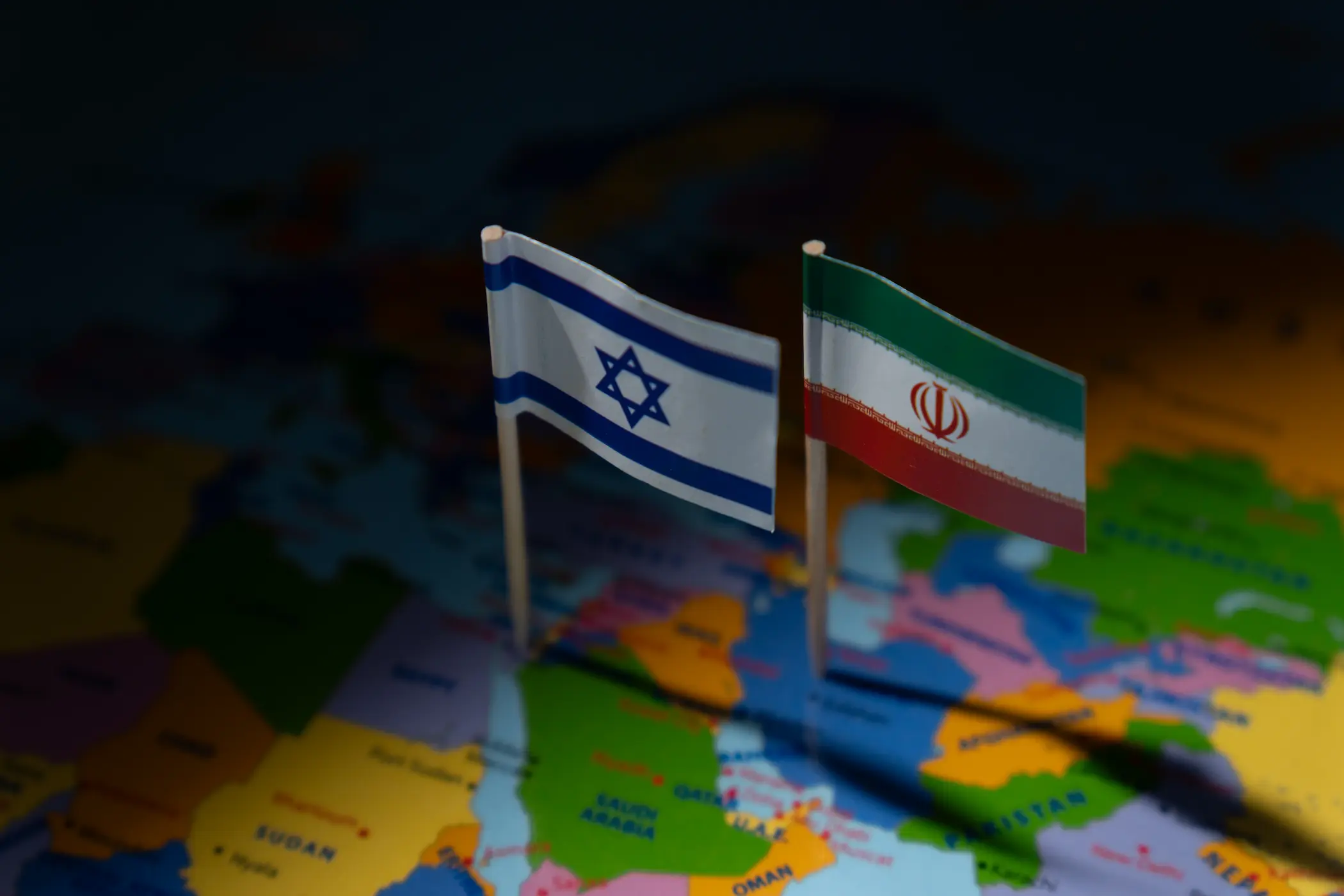Home → Publications → Special Editions → Arabs Without Arabic: The Silent Threat to Identity, Politics, and Security
Arabs Without Arabic: The Silent Threat to Identity, Politics, and Security
Abstract
Language plays a fundamental role in preserving cultural identity and passing down traditions, but the rapid changes in today’s World have led to the decline of many languages. Arabic, despite being one of the most spoken languages globally, has shown signs of attrition in recent years. The study addresses the pressing issue of Arabic language attrition, exploring its causes, implications, and measures of preservation. Arabic language attrition is not a mere linguistic issue but it goes beyond that, it has implications on the national security, political stability, and Arab identity. As younger generations increasingly adopt global languages, particularly in the Gulf countries, the cultural legacy and intellectual contributions of the Arab World are at risk of diminishing. The study highlights several factors contributing to this phenomenon, including political instability, migration, urbanisation, economic development, and intermarriage, all of which are intertwined with globalisation. These forces push people toward adopting dominant languages, further marginalising Arabic.
The consequences of language attrition could lead to significant political and security consequences, including potential regional fragmentation and the rise of secessionist movements. However, the study emphasises that these scenarios can be mitigated through targeted measures. Promoting the Arabic language through education reforms, cultural exports, soft power strategies, and government policies are essential to preserving its usage and prestige. By fostering Arabic’s relevance in modern society, particularly through technology and media, the Arab World can reverse the trend of attrition and ensure the language’s future vitality.









Comments